Children learn by observing and exploring their surroundings from the moment they are born. Children’s development and learning are interconnected, with different areas like social, emotional, cognitive, physical, and general learning all influencing each other. Understanding how children learn is crucial for adults to provide the right support for their growth. They can progress in specific subjects by guiding children through different levels of understanding. The language and vocabulary they pick up early on from interactions with adults play a key role in their academic success later on.
Understanding what is early childhood education
Early childhood education is the term used to teach young children. It includes formal and informal programs that help children grow and develop from birth to age five. Children’s learning at this age relies on adult caregivers like parents, teachers, and daycare providers.
Early childhood education involves various activities to support children’s cognitive and social development before kindergarten. Some programs focus on academic readiness, while others take a holistic approach to prepare children mentally and emotionally.
Social and emotional skills are crucial for academic success in early education. Teachers play a key role in fostering these skills by setting appropriate expectations and maintaining consistent routines. Good nutrition and physical activity are also essential for early learning and academic achievement.
Children facing chronic stress or adverse experiences may face long-term learning challenges. Early childhood education helps kids build emotional, social, and cognitive skills for lifelong learning. Mother’s Pet Kindergarten highlights the essential skills for young learners:
- Language is important for learning to read and write.
- When children learn to talk, they become more interested in books and reading.
- Math helps children learn problem-solving skills.
- Self-control means being able to handle emotions in a good way.
- Children who feel capable and confident are likelier to try new things.
Children need to be healthy and active to do well in school. Eating well, staying safe, and being active can help kids do better in school. Schools and daycares can help kids stay healthy by promoting good eating habits, giving them chances to be active, and making sure they get the care they need.
Consider the development of language and literacy. Children start learning language basics from a very young age. Talking to children helps them understand language before they start speaking. The words and vocabulary children learn from interactions with adults can impact their academic success.
By age two, there’s a connection between vocabulary and reading, which lasts until fifth grade. Research also shows that kids with strong oral language skills are more likely to become strong readers. Having real conversations with adults and other kids can improve oral language skills. Reading interactive storybooks and discussing them with children is a great way to build language and literacy skills.
Effective early childhood education programs are engaging, well-structured, and thoughtfully designed. At Mother’s Pet Kindergarten, we highlight the key components of a high-quality early childhood education program:
- Adequate learning time and small class sizes with a low student-teacher ratio.
- Qualified teachers who create stimulating interactions and learning environments.
- Curriculum and standards based on research and tailored to children’s developmental needs.
- Assessments that evaluate academic, social-emotional, and physical growth.
- Continuous teacher support through coaching and mentorship.
- Active involvement of families in their child’s education.
Children need to learn how to communicate well with their family, friends, teachers, and others. Communication is the first step in child development and will lead to better conversation skills and relationships as they get older.
During the 5 stages of child growth, the body improves both gross and fine motor skills. The gross motor skills help your child move with balance, coordination, ease, and confidence.
In the early years of school, kids start using more advanced words and sentences. They are getting better at picturing things in their minds but still struggle with understanding ideas that are not real. At this age, kids are also getting better at handling their feelings.
They are getting better at understanding their own emotions and finding better ways to talk about their experiences and feelings. This also means they are better at following instructions on their own, which is something younger kids cannot do. Teachers can use kids’ growing thinking skills to teach them in ways that let them figure things out on their own, use different ways to find answers, and keep trying to solve problems.
Kids can learn and practice in many ways by trying various activities. For instance, they should have both indoor and outdoor activities, active and calm ones, free play and more organised activities, and so on.
Your child requires your assistance in learning. For instance, your child may require your guidance at times. However, your child doesn’t need you to provide all the solutions. Allowing children to make mistakes and discover how the world functions on their own is crucial for learning. Praising and encouraging your child when they make an effort will keep them engaged and boost their confidence. It will also motivate them to try again in the future.
At Mother’s Pet Kindergarten, we support children’s gross motor development from reaching for an infant to walking and running as a toddler, and to engaging in active play like jumping, kicking, climbing, and dancing as preschoolers and beyond!
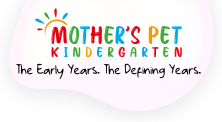
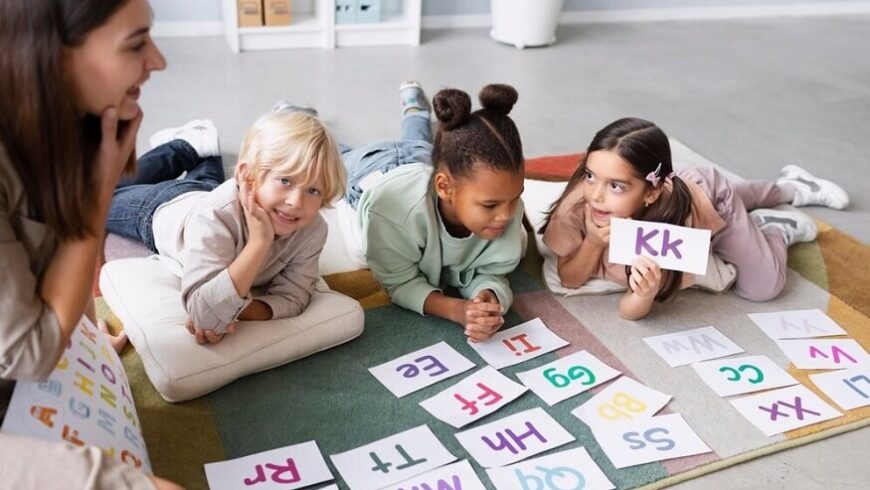
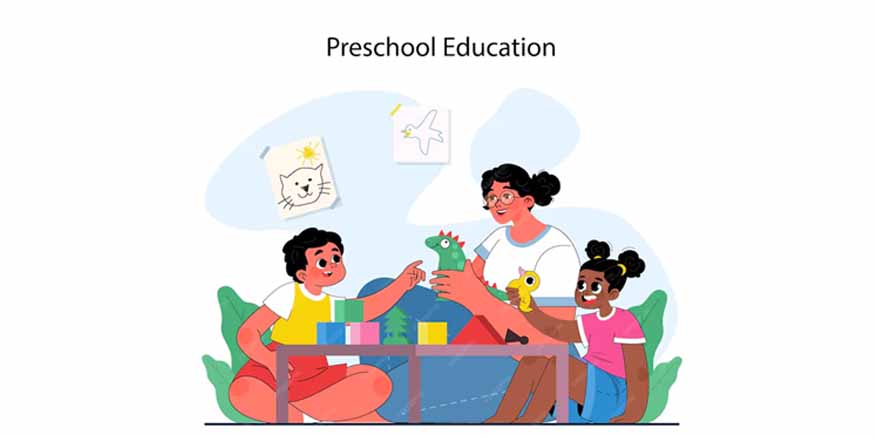
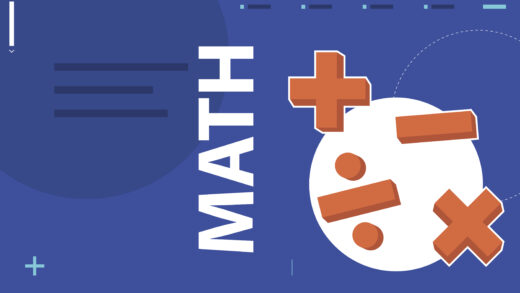
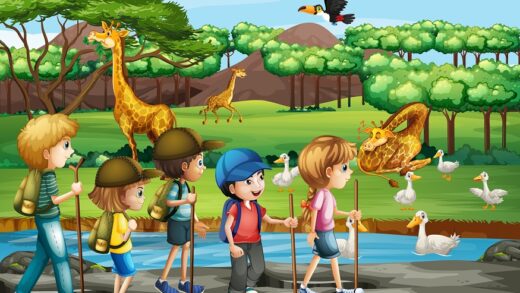
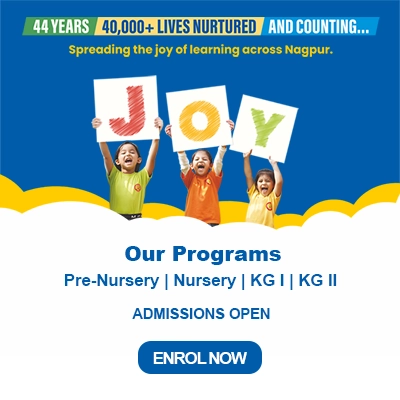
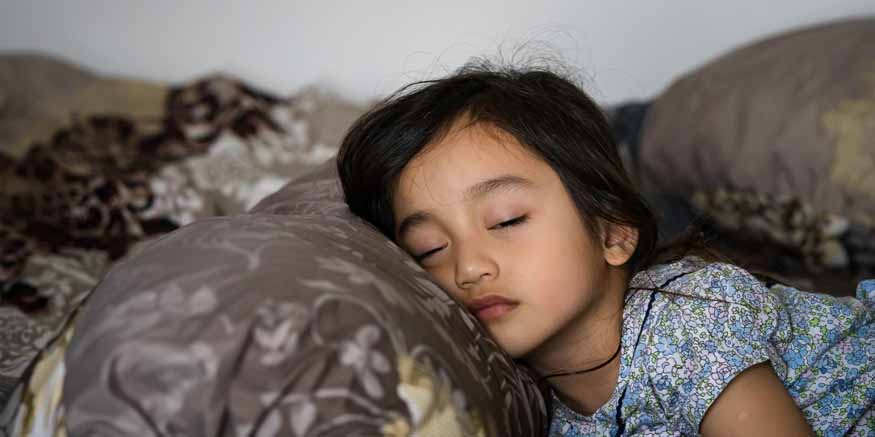
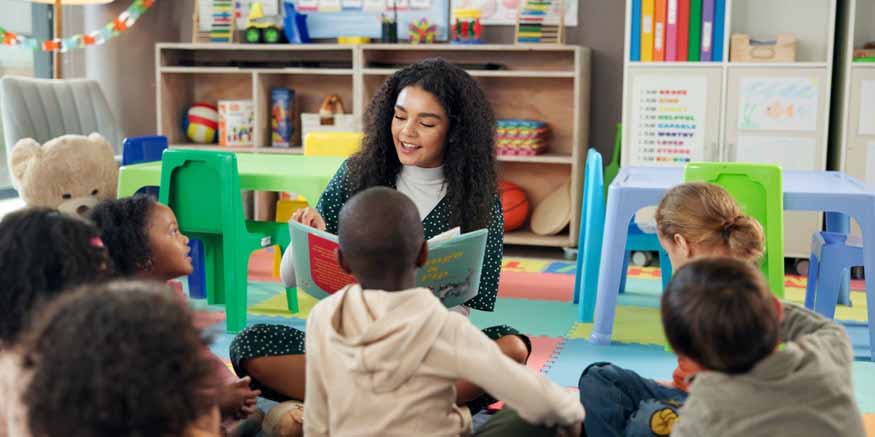
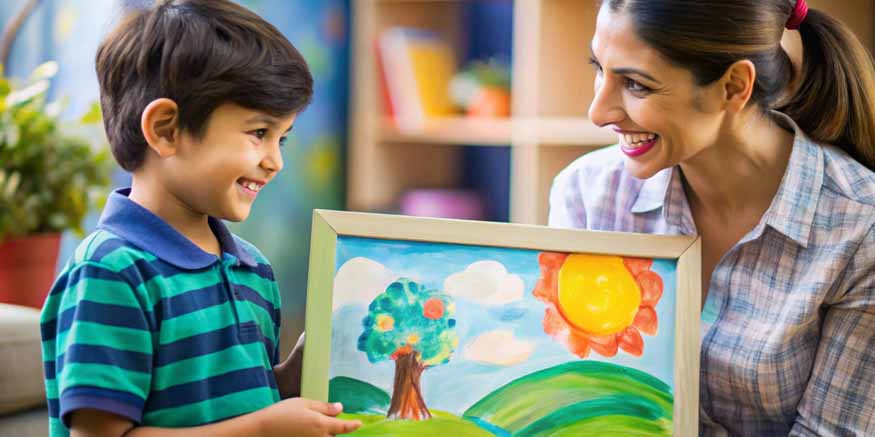
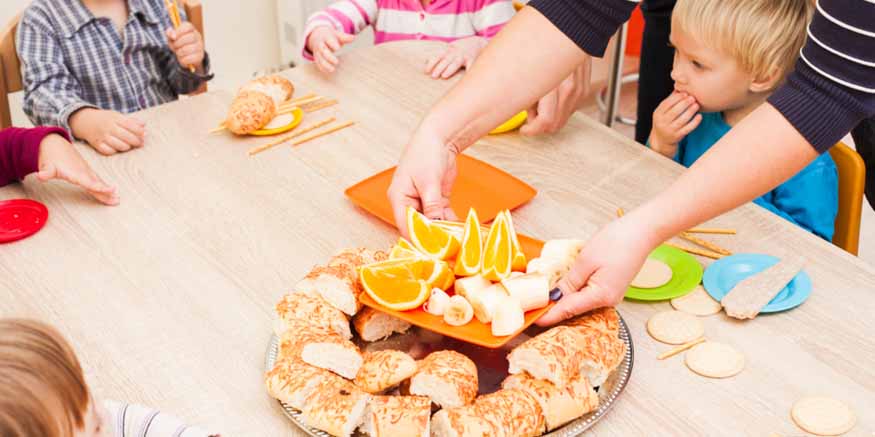
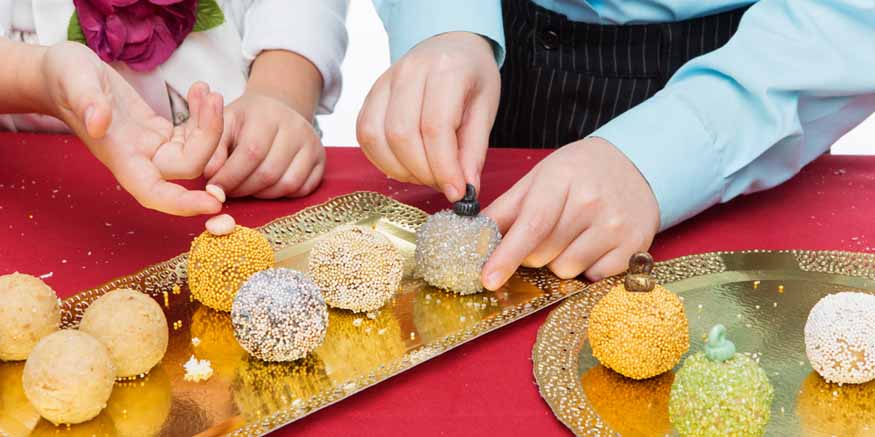
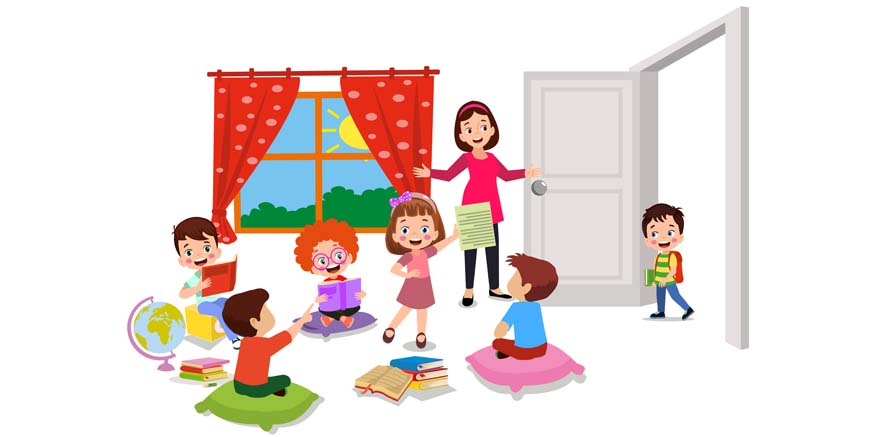
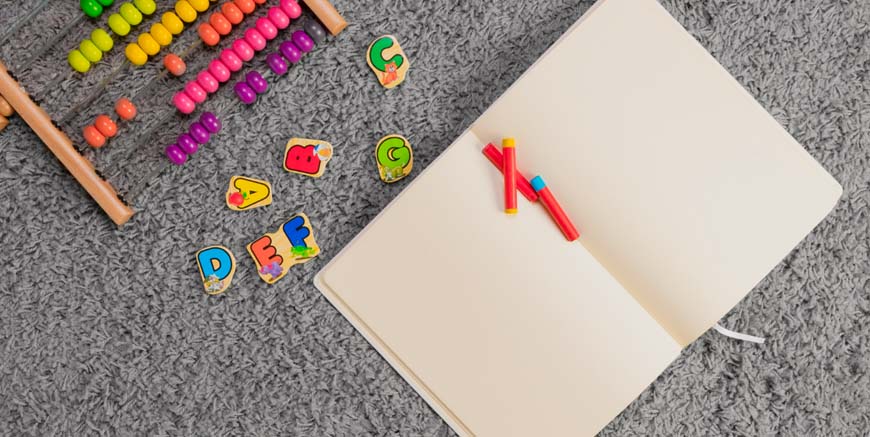
Recent Comments